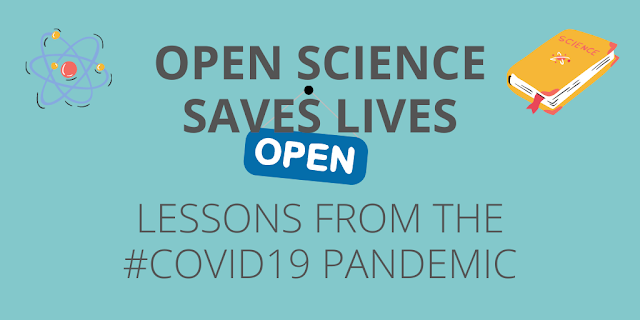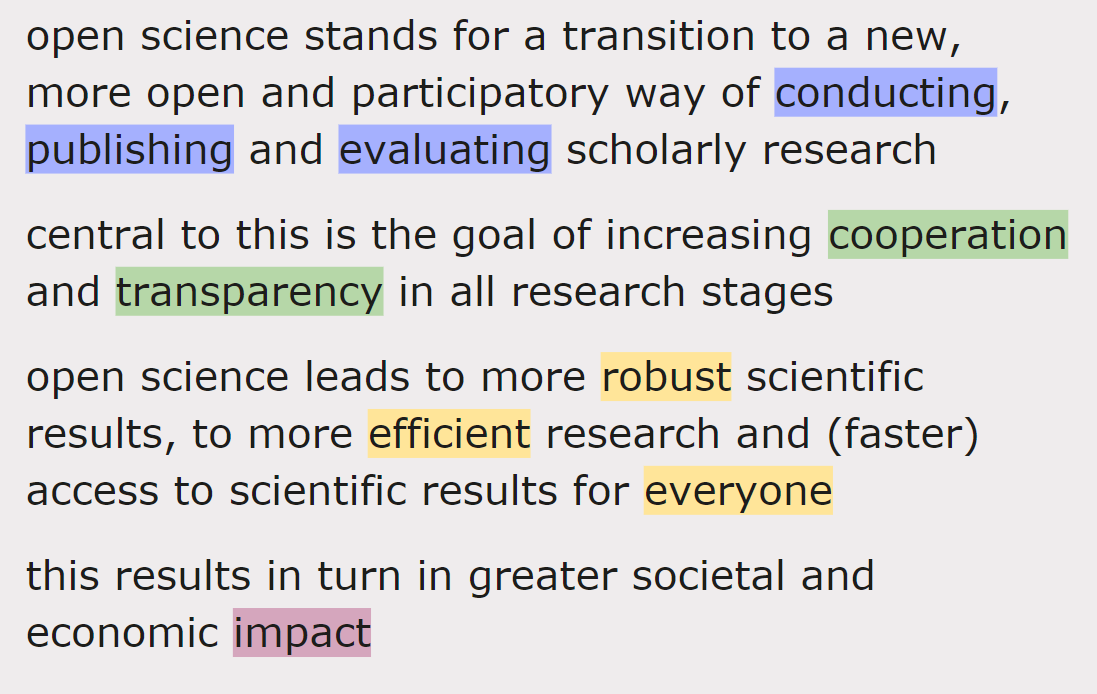Data-driven o data-centric? Yet another one
Qualche giorno fa ho iniziato a fare delle storie su Instagram parlando di dati, scienza aperta e qualche altra cosa che mi fa battere il cuore (chi mi conosce lo sa). Sono partita bene, poi mi sono persa. Non so se sia perché non riesco bene a usare IG, molto probabilmente quello che volevo comunicare non si può screenshottare e condividere su quella piattaforma. For the great joy of my friend Andrea Borruso, torno a scrivere su questo blog. Qui, mi sento molto più a casa :) Allora, cosa dicevo? La settimana scorsa ho preso parte ad un workshop/roundtable dal titolo:



